Wednesday, April 17, 2024
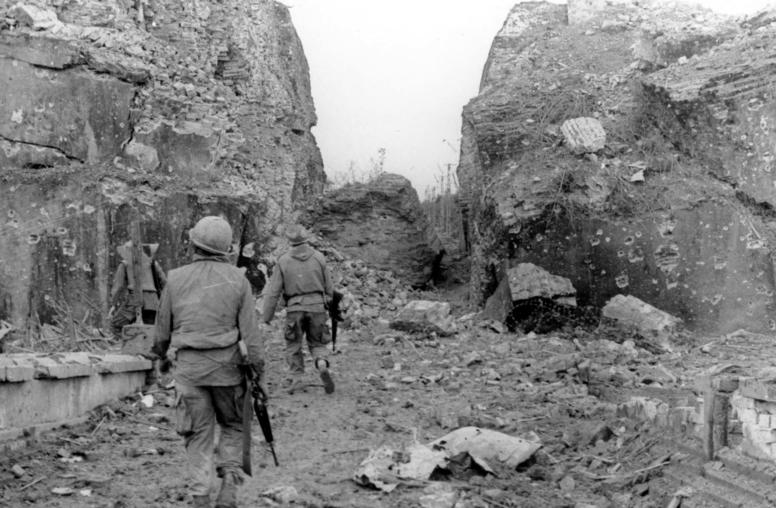
A Vietnam Veteran’s Fight—for Dignity and Peace
In 1967, America was racing the Soviet Union into space, debating war in Vietnam and dancing to Aretha Franklin’s “Respect.” John Lancaster graduated that spring from the University of Notre Dame. Having studied on a Navy ROTC scholarship, he took a commission in the Marine Corps. After several more months of training, Second Lieutenant Lancaster landed at Da Nang airport amid the Vietnam War’s bloodiest battle: the 1968 Tet Offensive by the North Vietnamese and Viet Cong forces.
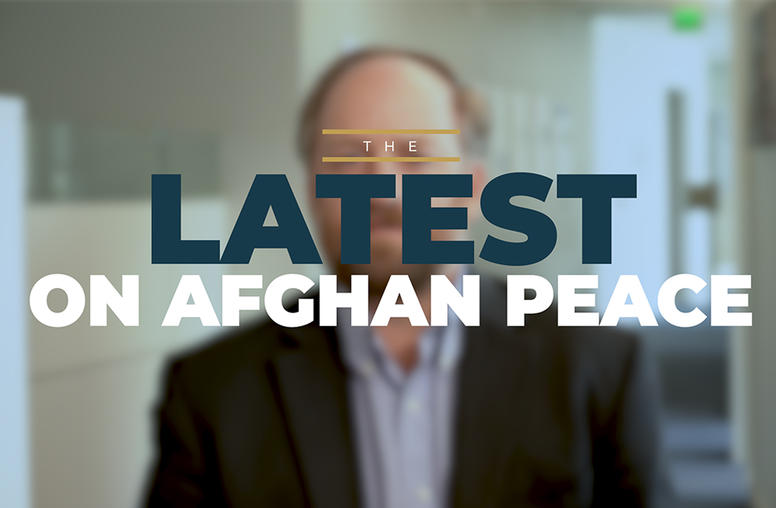
The Latest on Afghan Peace Negotiations: 3 Things You Need to Know
Long-awaited intra-Afghan negotiations began on September 12 in Doha, presenting a path to end four decades of conflict in the country and conclude America’s longest war. USIP’s Scott Worden looks at what led to the talks starting, what’s at stake for Afghans, and how the U.S. can support the process.
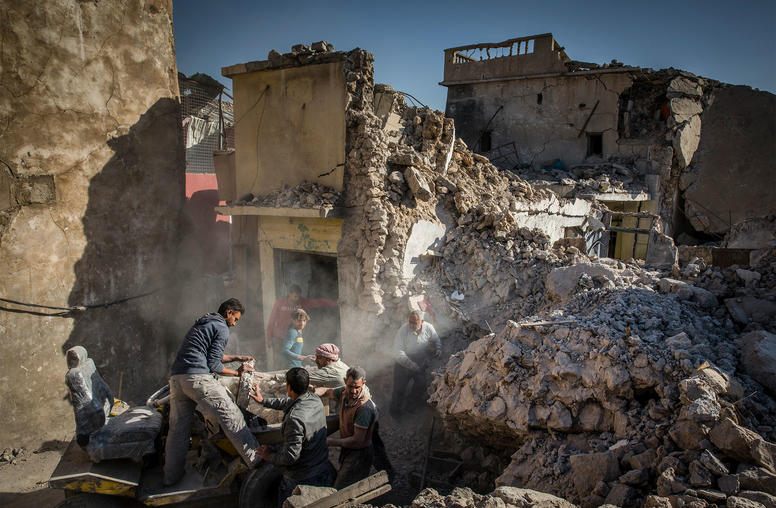
How Iraqis Can Rebuild Community Relations and Repair Democracy After ISIS
From nationwide anti-government protests, to U.S.-Iran tensions playing out on Iraqi soil, to a protracted government formation crisis, 2020 has been a tough year for Iraq. The pandemic has only deepened the country’s challenges, including distrust of the political class and inter-communal tensions. On top of this, Iraq is experiencing one of its worst economic situations since the country’s formation. Understandably, there is a crisis of confidence. Almost everything ailing Iraq stems from the lack of trust between the government and its citizens. Only by working together as partners can faith be restored. Iraq’s citizens must be given a bigger role in the decision-making process about the future of the country, starting with a say in next year’s budget.
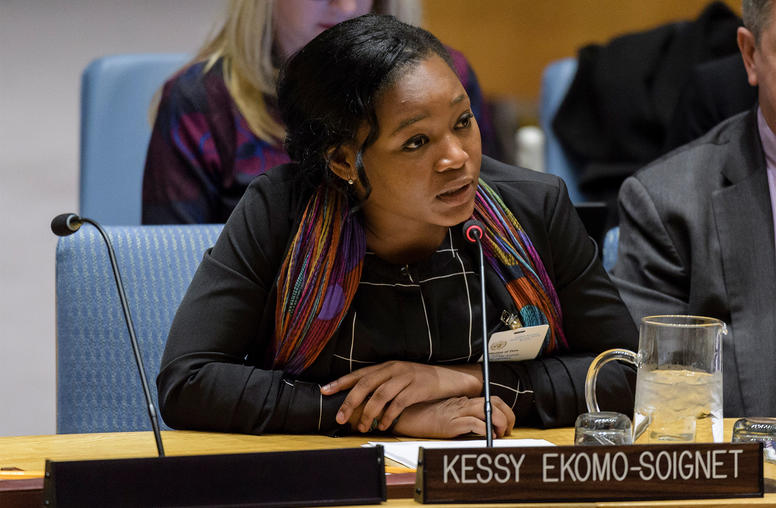
From Recognition to Action: UN Affirms Vital Role of Youth in Peacebuilding
When violent conflict erupts, young people are often among the most impacted. Indeed, globally, one in four youth are affected by conflict and violence. But their voices are frequently among the most marginalized in efforts to prevent or resolve conflict. Young men are regularly depicted as the perpetrators of violence and young women are portrayed as victims. This narrative severely discounts the important role young people play in building peace. Research shows that peace processes are more successful when they are inclusive and in many conflict-ridden societies youth account for a large percentage of the population, making their participation all the more vital. A new United Nations Security Council resolution passed in July aims to enshrine the critical role of youth in building peace.
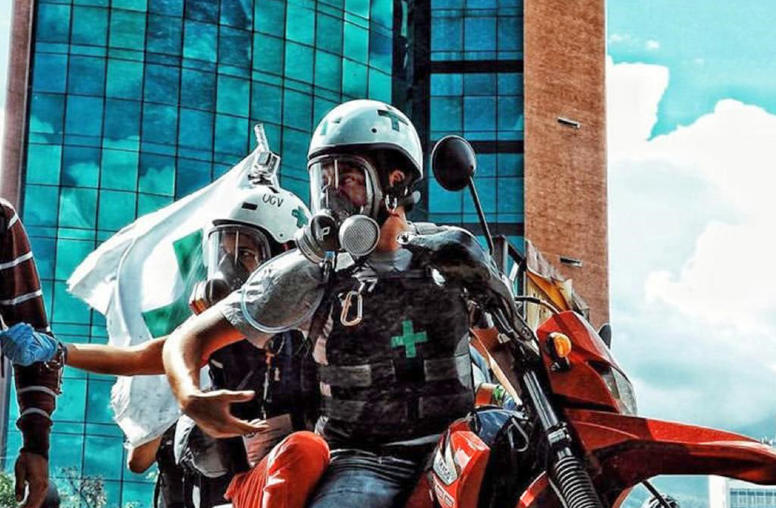
COVID Menaces Venezuela, Medical Students Respond
For years, Venezuela’s political and economic collapse has been the Americas’ greatest single humanitarian crisis. Five million people have fled as refugees or migrants, and 59 percent of those who remain cannot afford the food their families need. Even before the COVID pandemic, the health care system mirrored this collapse. An estimated 80 percent of hospitals lack adequate medical staff and 60 percent are without running water or consistent electricity. Into this breach has stepped a courageous corps of young medical students who already had become first responders to those injured in the country’s widespread and often violent protests.
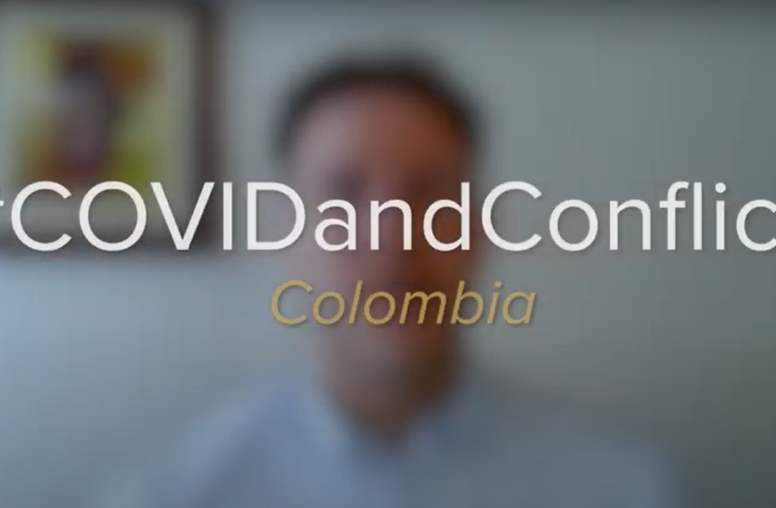
COVID-19 and Conflict: Colombia
Though a 2016 peace agreement ended Colombia’s decades-long conflict with the FARC, armed strife continues to strain the country’s political and security institutions, making an effective pandemic response all the more challenging. Violence against social leaders and former combatants has risen at an alarming pace, and the implementation of much-needed reforms outlined in the peace accord has stalled. Meanwhile, armed groups have capitalized on the virus to bolster their influence by imposing their own repressive local lockdowns and consolidating control over illicit trade. In this #COVIDandConflict video, our Steve Hege looks at how the virus has impacted Colombia and what opportunities may still exist to advance peace.
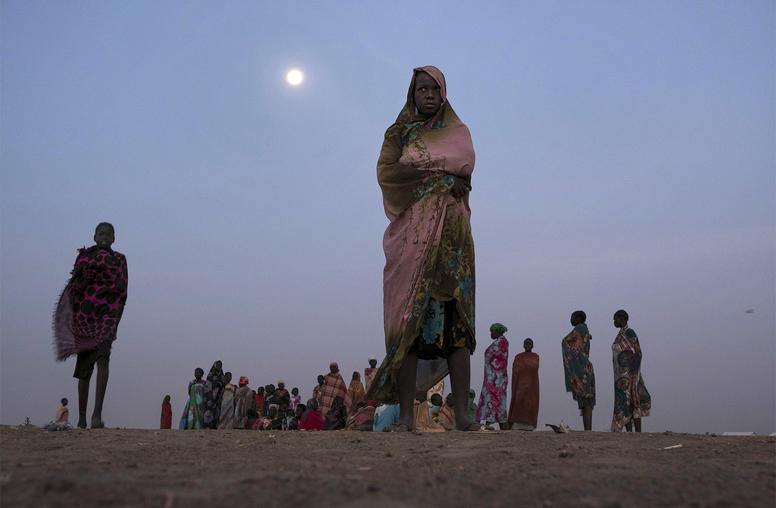
In South Sudan, the Hope and Pain of Nonviolence
After 3 a.m., my cellphone rang with the voices of relatives shouting that South Sudan’s spasms of violence had struck our family. In the night, armed youths of a rival community had ambushed a cattle camp of my clan, killing my cousins and other young cowherds as they slept, and stealing more than 400 cattle. Men from of my clan were gathering guns to race into the darkness to counterattack. If my country is ever to have peace, we must break such cycles of vengeance. So, I pleaded with my elder aunts and uncles to prevent that battle. I still do not know if we have truly succeeded.
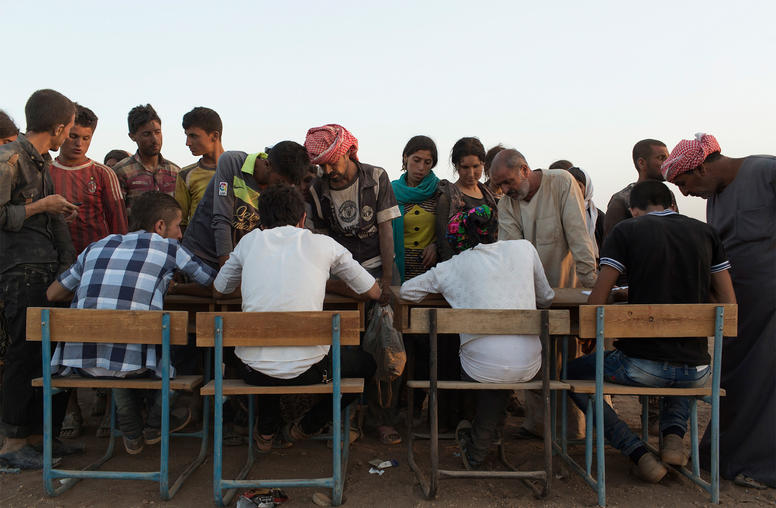
After ISIS Genocide, Yazidis Need More Than Remembrance
It’s August 2014 in the northern Iraqi town of Sinjar. The police have fled; the army had crumbled. ISIS is rampaging and rolls into Sinjar that summer. The international community is asleep—and the Yazidis (Ezidis) are defenseless. ISIS perpetrates the unthinkable—men and boys are slaughtered, while women and girls enslaved and raped—all because they believe in something different. A genocide happened on our watch.
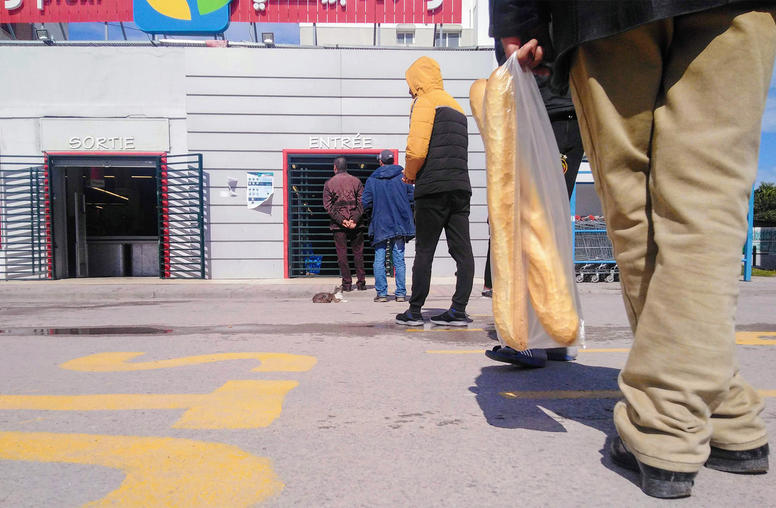
Preventing Conflict During the Pandemic in Southern Tunisia
Despite being sworn in mere weeks before the COVID-19 pandemic reached Tunisia, the new government’s initial response to the crisis was deemed prompt and efficient by most. But an incomplete decentralization process created tension between local authorities and citizens, as varying interpretations of the virus containment measures caused confusion and panic—with significant implications for communities, businesses, and the most vulnerable. This was particularly true in the country’s southern region, where systemic marginalization has created conditions for social unrest and potential destabilization.
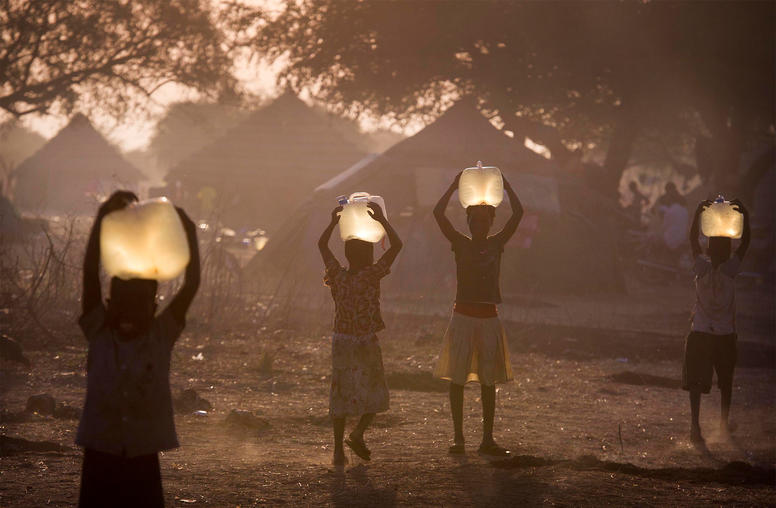
In South Sudan, Civic Activists Take On COVID
For South Sudan, COVID-19 is simply the newest plague. The world’s youngest country already faces civil war, repression, displacement, economic collapse, climate change, hunger—even swarming locusts. South Sudan’s people enter the fight against COVID under nearly the worst conditions of human development, and with 39 percent of them displaced by warfare. With a government that has been unable to provide even basic services, South Sudanese must rely on their emerging civil society, and international partnerships, to organize much of their response to the pandemic. Yet COVID now threatens vital international help for such grassroots campaigns.
